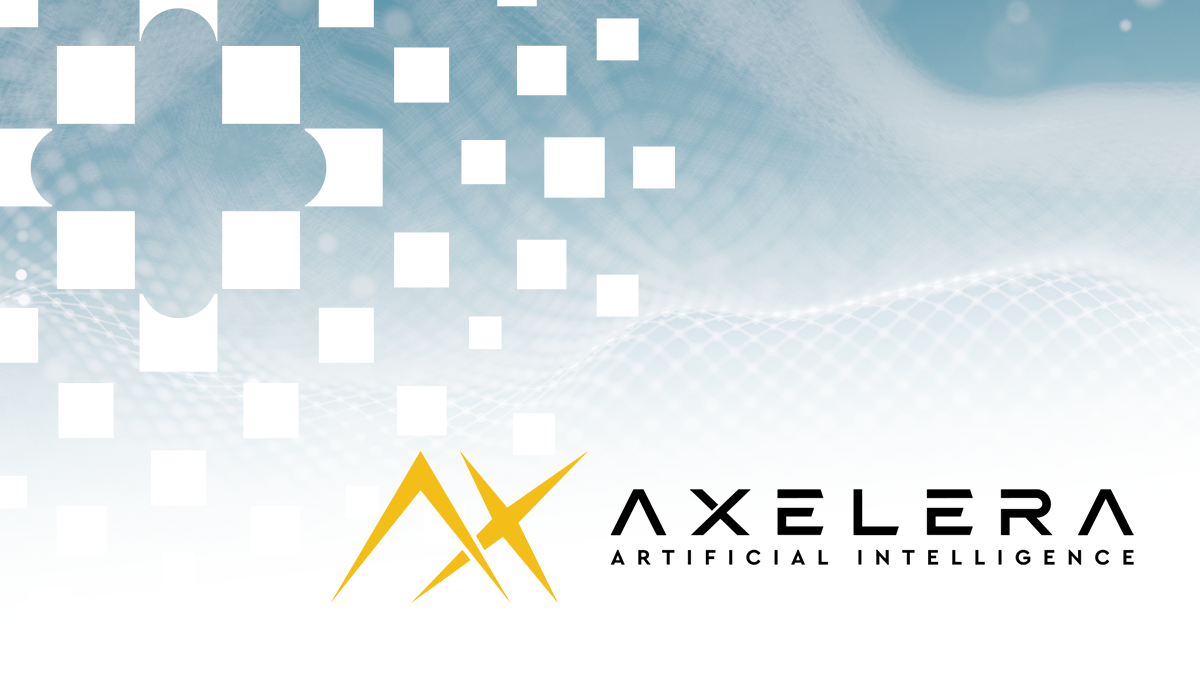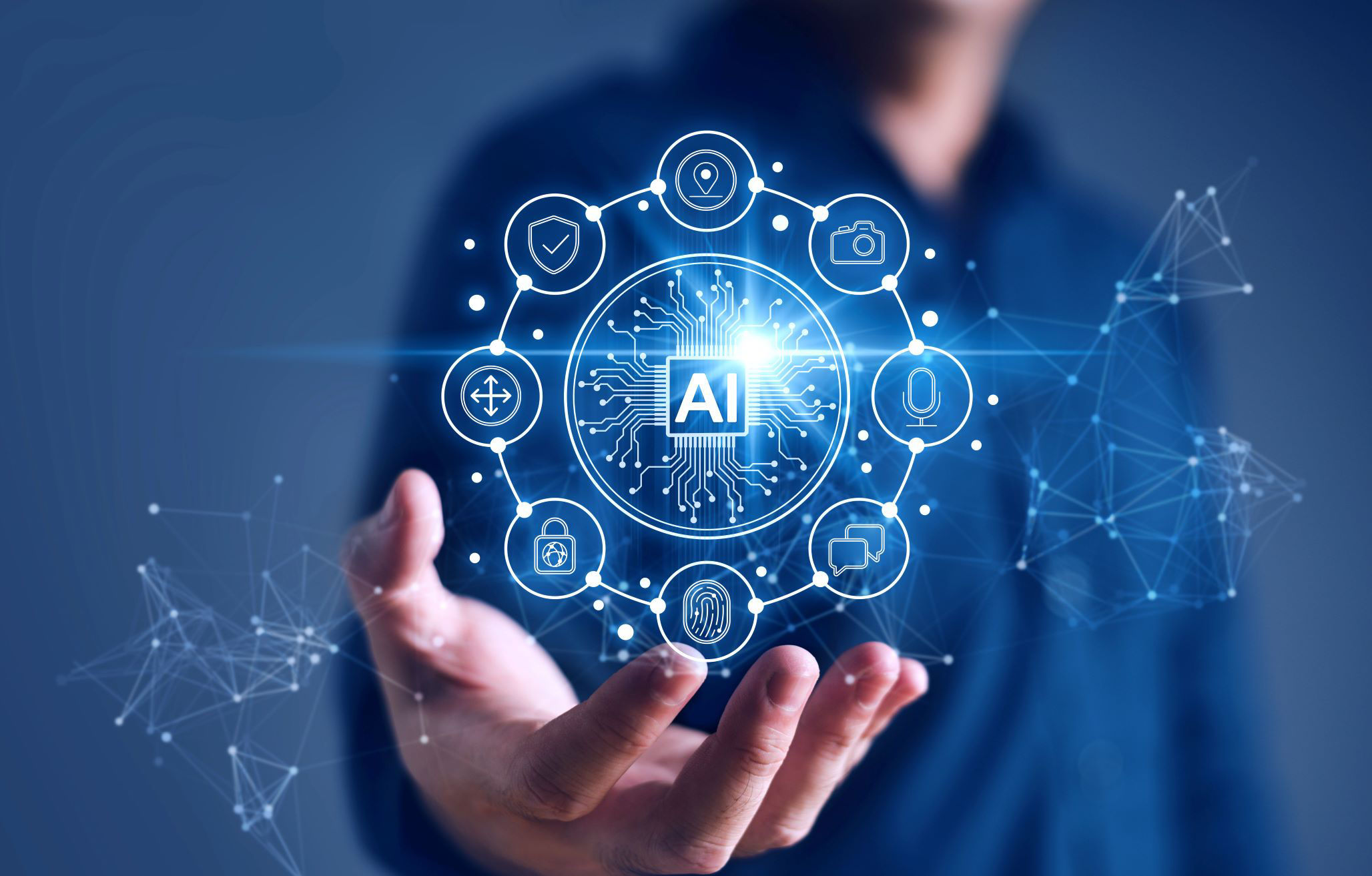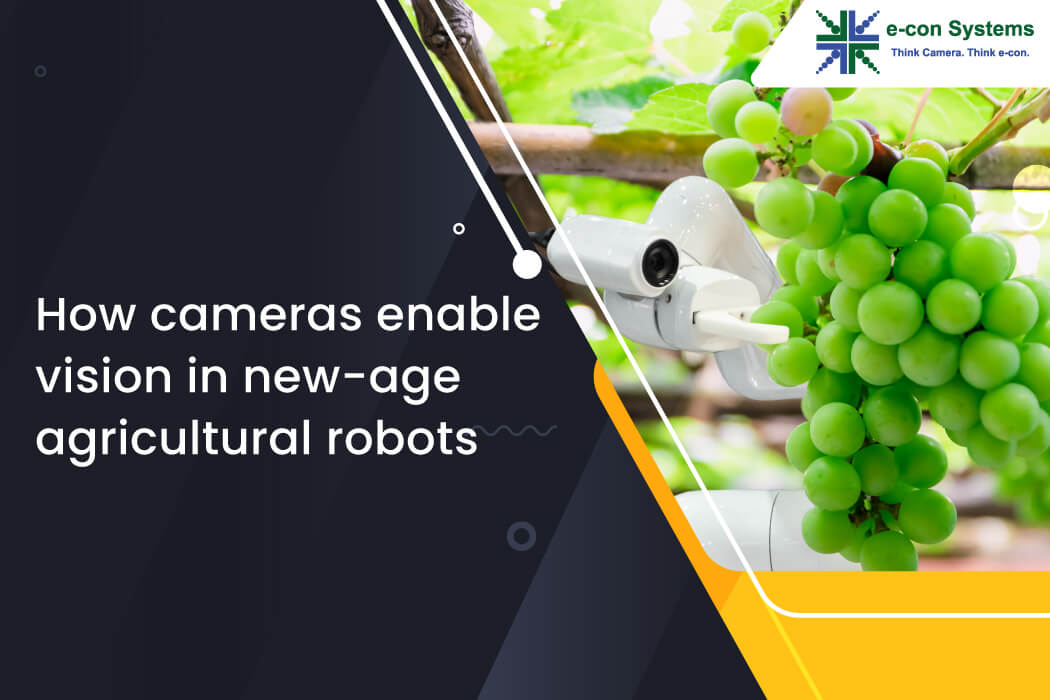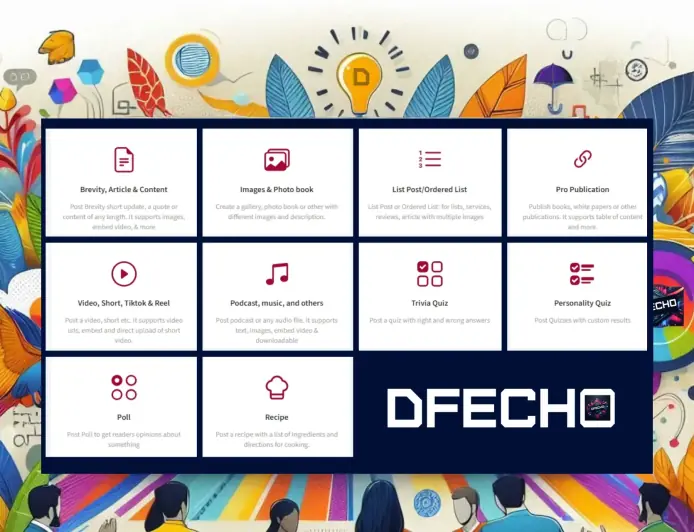The Integration of AI-Driven Health Agents in the U.S. Healthcare System: Lessons for Your Country.
AI-driven health agents are advanced software systems that utilize machine learning algorithms, natural language processing, and data analytics to perform various tasks that enhance healthcare services.

The Integration of AI-Driven Health Agents in the U.S. Healthcare System: Key Lessons for Your Country.
In recent years, the U.S. healthcare system has embraced AI-driven health agents to revolutionize patient care and operational efficiency. These digital tools are transforming the healthcare landscape by enabling more accurate diagnostics, personalized treatment plans, and streamlined administrative processes. The integration of AI in healthcare in the U.S. offers valuable lessons for other countries seeking to enhance their healthcare systems.
By learning from the U.S. experience with AI-driven health agents, your country can navigate the challenges and opportunities of integrating AI into its healthcare system. Embracing innovation, establishing regulatory frameworks, fostering collaboration, prioritizing training, and adopting a patient-centric approach can pave the way for a more efficient and effective healthcare system.
Key Lessons from the U.S. Approach
1. Embrace Innovation and Investment The U.S. has heavily invested in AI research and development, partnering with tech companies and academic institutions. Your country can learn to foster a culture of innovation by encouraging public and private investments in AI technologies.
2. Regulatory Frameworks The U.S. has established regulatory frameworks to ensure the safe and ethical use of AI in healthcare. By developing similar regulations, your country can ensure that AI technologies are implemented responsibly and effectively.
3. Collaborative Ecosystem The U.S. healthcare system benefits from collaborations between government agencies, tech companies, and healthcare providers. Your country can learn to build a collaborative ecosystem that brings together diverse stakeholders to drive AI adoption.
4. Focus on Training and Education To maximize the benefits of AI, the U.S. has prioritized training healthcare professionals to use AI tools effectively. By investing in education and training programs, your country can equip its workforce with the necessary skills to leverage AI technologies.
5. Patient-Centric Approach The U.S. emphasizes the importance of patient-centric care, using AI to enhance patient outcomes and experiences. Your country can adopt this approach by ensuring that AI technologies are designed with the patient's needs and well-being in mind.
What Are AI-Driven Health Agents?
AI-driven health agents are advanced software systems designed to assist healthcare professionals and patients by leveraging artificial intelligence technologies. These agents utilize machine learning algorithms, natural language processing, and data analytics to perform various tasks that enhance healthcare delivery.
Key Functions of AI-Driven Health Agents
1. Medical Diagnostics AI-driven health agents can analyze medical images, such as X-rays, MRIs, and CT scans, to identify anomalies and assist radiologists in making accurate diagnoses. They can also predict disease progression and recommend personalized treatment plans.
2. Virtual Health Assistants These agents provide round-the-clock support to patients by answering health-related questions, scheduling appointments, and offering medication reminders. Virtual health assistants can interact with patients through chatbots or voice-activated interfaces, providing timely and relevant information.
3. Data Analysis and Predictive Analytics AI-driven health agents can analyze large datasets to identify trends, predict outbreaks, and optimize resource allocation. By processing patient data, these agents can help healthcare providers make informed decisions and improve patient outcomes.
4. Clinical Decision Support These agents offer real-time support to clinicians by providing evidence-based recommendations and alerts for potential drug interactions or adverse events. They help ensure that treatment plans align with the latest medical guidelines and research findings.
5. Administrative Efficiency AI-driven health agents streamline administrative tasks, such as billing, coding, and managing electronic health records (EHRs). By automating these processes, healthcare organizations can reduce operational costs and improve efficiency.
Conclusion
AI-driven health agents are transforming the healthcare landscape by enhancing diagnostic accuracy, improving patient engagement, and optimizing administrative processes. As these technologies continue to evolve, they hold the potential to revolutionize healthcare delivery and improve health outcomes globally.
What's Your Reaction?
 Like
0
Like
0
 Dislike
0
Dislike
0
 Love
0
Love
0
 Funny
0
Funny
0
 Angry
0
Angry
0
 Sad
0
Sad
0
 Wow
0
Wow
0











